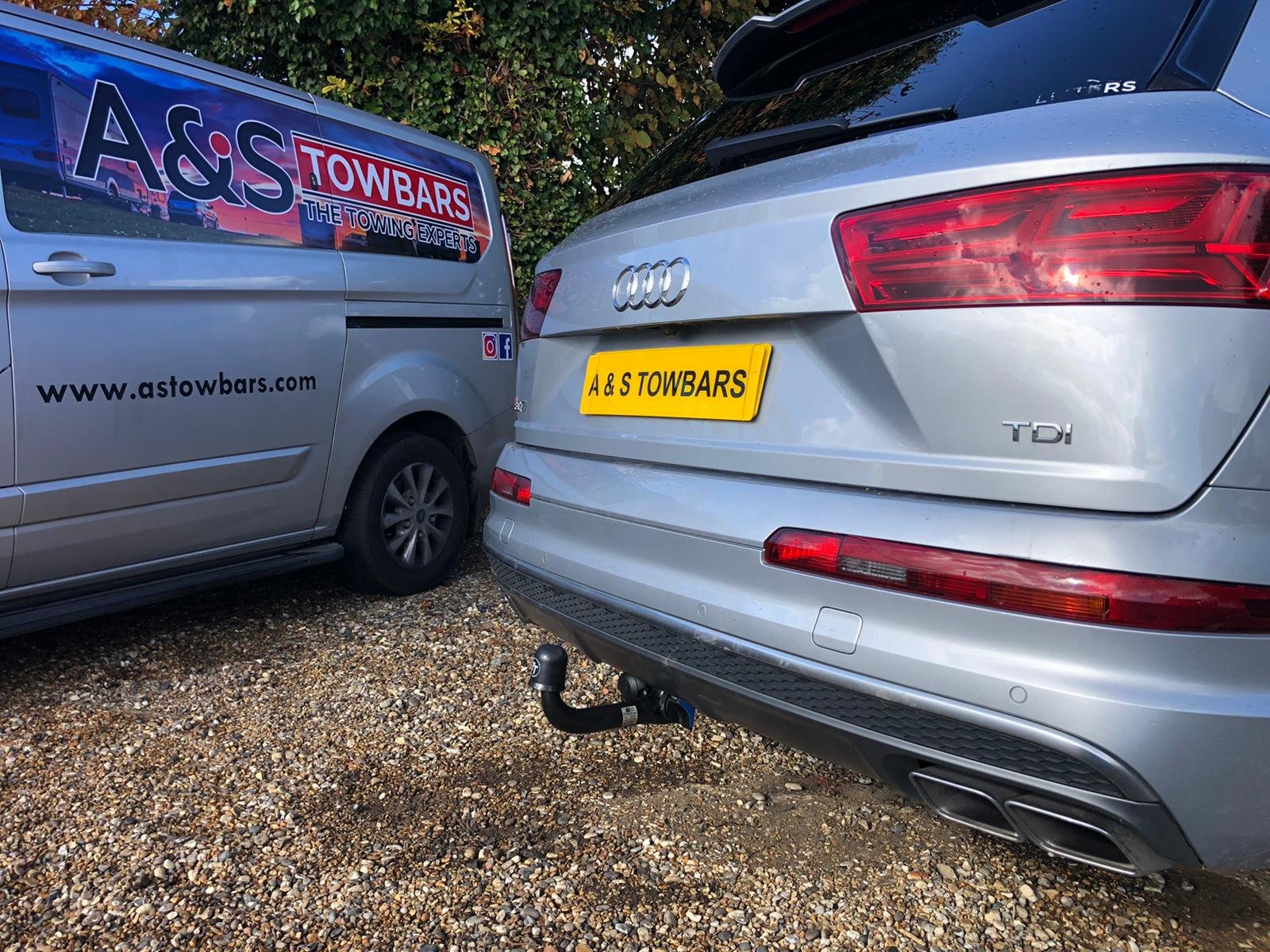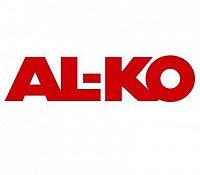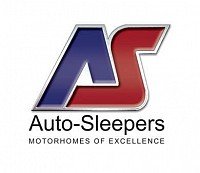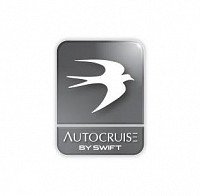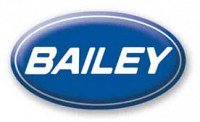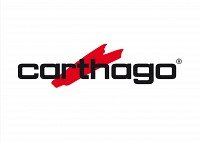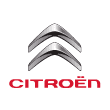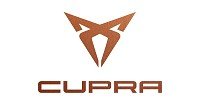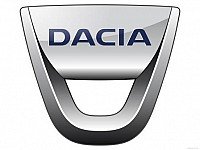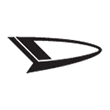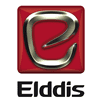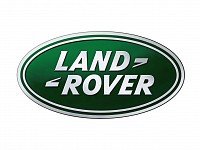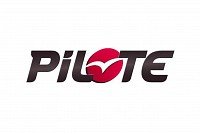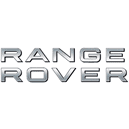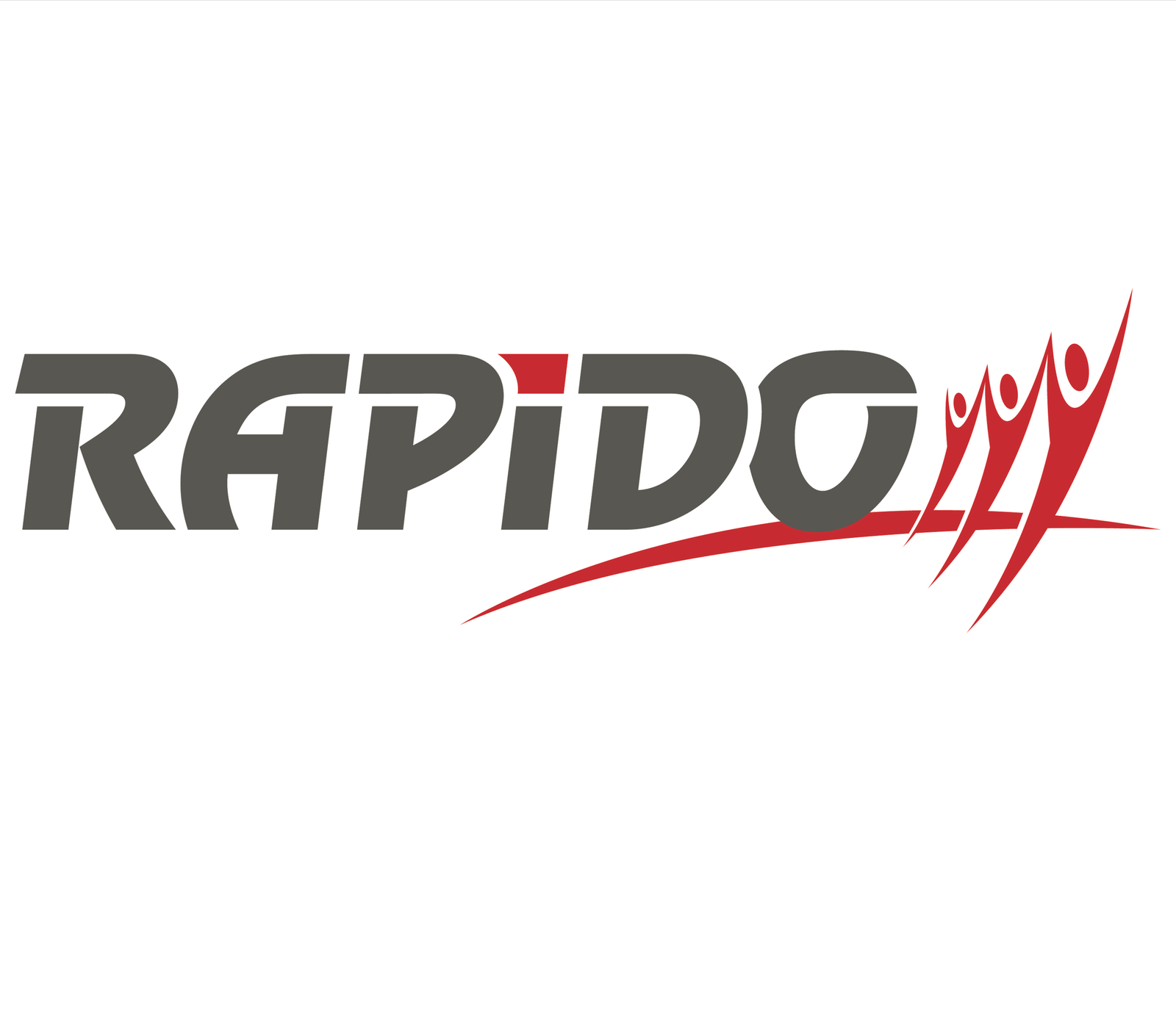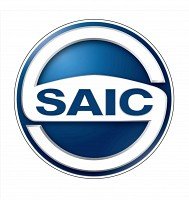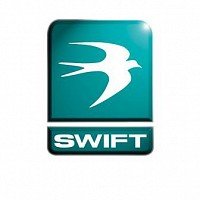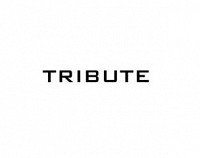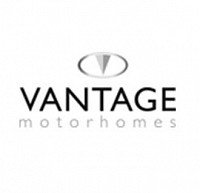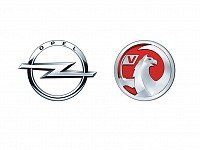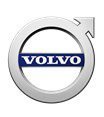Towbar Sockets & Electrics
Over 25 years of experience in the towbar industry.
There are many things to consider when having a towbar fitted to your vehicle, one being what type of towbar or electrics are best for your needs. If you’re not sure, please feel free to call us for advice and a member of our friendly team will be happy to help.
Vehicles are becoming more and more complex, so it’s vital to choose the best option for you and the way in which your electrics are installed. Whether you are using your towbar to tow a large caravan, or simply just to support a bike carrier, you will need the right electrics with your towbar.
In the past, towing electrics were simply connected to the rear lights of the car, and that was it. Modern cars are now computer controlled, with advanced safety features and complex wiring systems, making towing electrics much more advanced.
Within towbar electrics there are different types of sockets:
- 7 pin electrics
- 13 pin electrics
Single 7-pin electrics
Single 7-pin electrics, also known as 12(N), are fitted with any towbar as standard. They give power through the towbar to your trailer’s lights, so if you know you’re only going to be having a trailer fitted to your towbar, then this will be all that’s required.
If you would like, you can tow your caravan using single electrics alone, but be aware that many of the carvan’s internal functions – for example, the fridge – won’t have any power going to them. Also, if your caravan has 13-pin electrics, then you will need an adaptor for this.
It’s worth noting that, even if you only plan to use your towbar for a cycle carrier, it’s recommended that you have a single electric socket installed so you can provide power to a light board above the bikes.
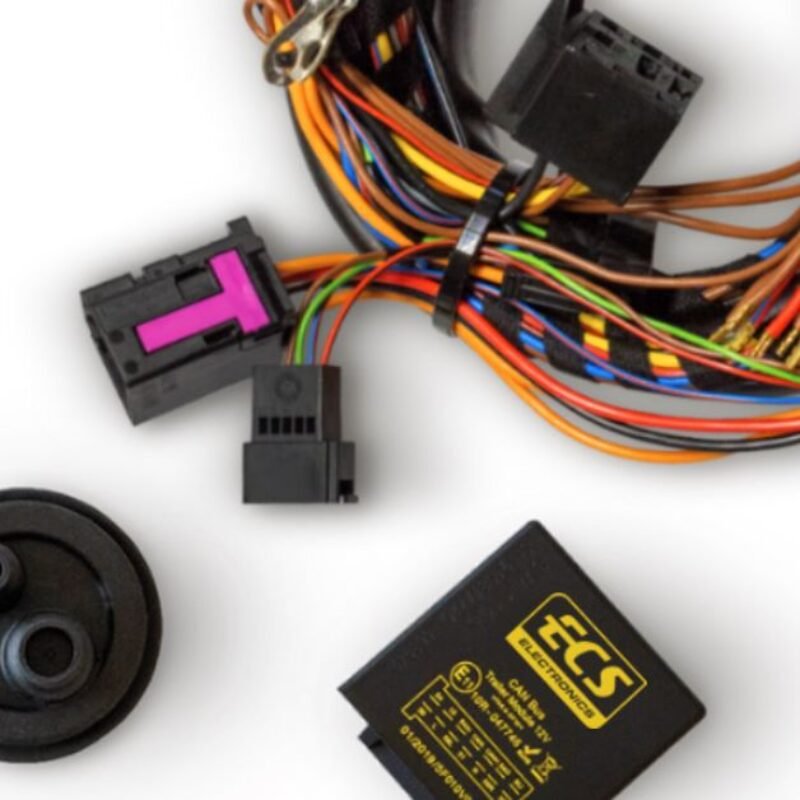
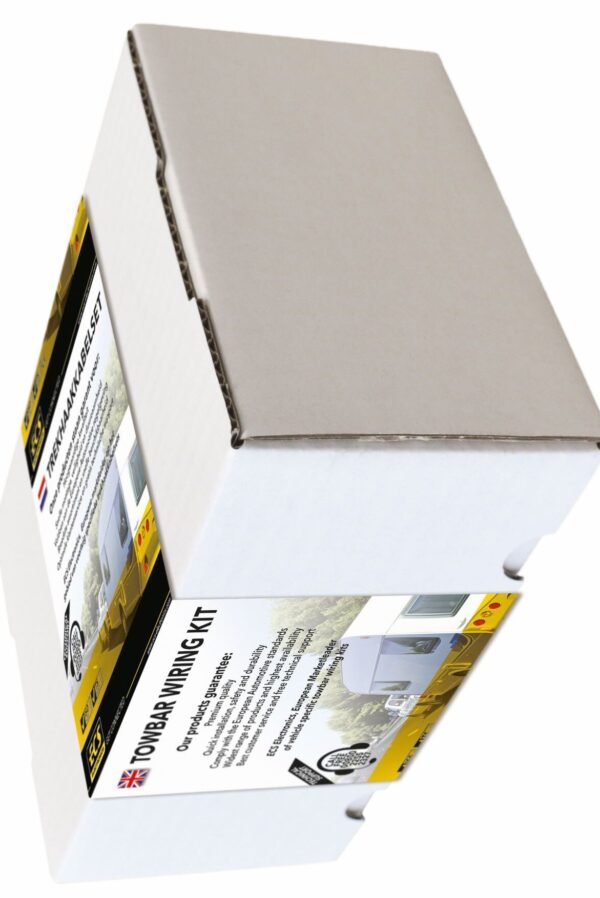
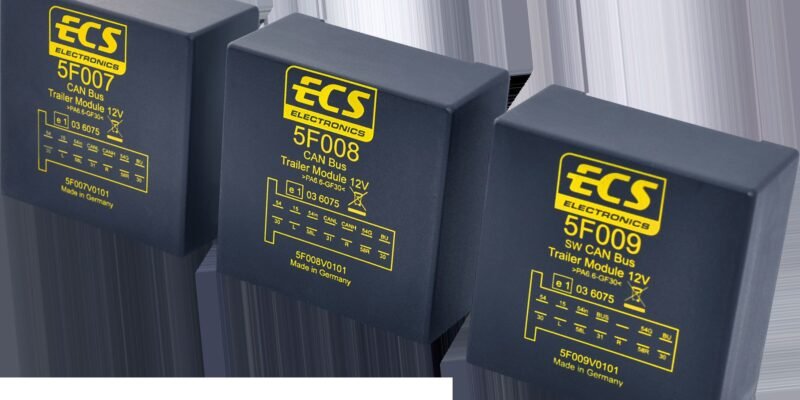
13-pin socket (Euro plug)
13-pin electrics are a great option for caravan owners and have been standard in Europe for a while. The 13-pin socket essentially replaces the two separate sockets (TWIN) that are currently used in the UK by merging them together. Any caravan that has been manufactured in the UK from 2008 onwards will have been fitted with an ISO 13-pin connector.
You will find that 13-pin sockets are often used on vehicles with detachable towbars, where there isn’t much space to install two different sockets.
Twin socket
Twin 7-pin electrics, otherwise known as 12(S), are installed on a vehicle alongside 7-pin electrics if you plan to use the towbar for a caravan built before 2008.
The additional socket is there to give power to the caravan’s internal workings, for example the interior lights and the fridge. It can also allow you to charge the caravan’s battery whilst you’re towing it.
Please note that, for caravans built after 2008, these sockets have been replaced by the 13-pin variant.
Vehicle-specific wiring kits
Vehicle specific wiring kits (also known as dedicated wiring kits) have been created so that they match the vehicle they are fitted to perfectly. This means you don’t need to worry about soldering or scotch locks to connect the wiring (which is the case with aftermarket wiring), as they work with the vehicle’s systems in the way the manufacturer intended.
Once the vehicle-specific wiring has been fitted, towing features such as trailer stability control that might be available on your car will become activated.
Due to the complex nature of the wiring kits these tend to be more expensive than universal wiring kits.
With over 25 years of experience and a team of highly trained professionals, A&S Towbars is the towbar company you need in the South East. We serve customers throughout Basildon, Southend and beyond. Don’t hesitate to get in touch with our friendly team today with any enquiries, or to get a quick quote.

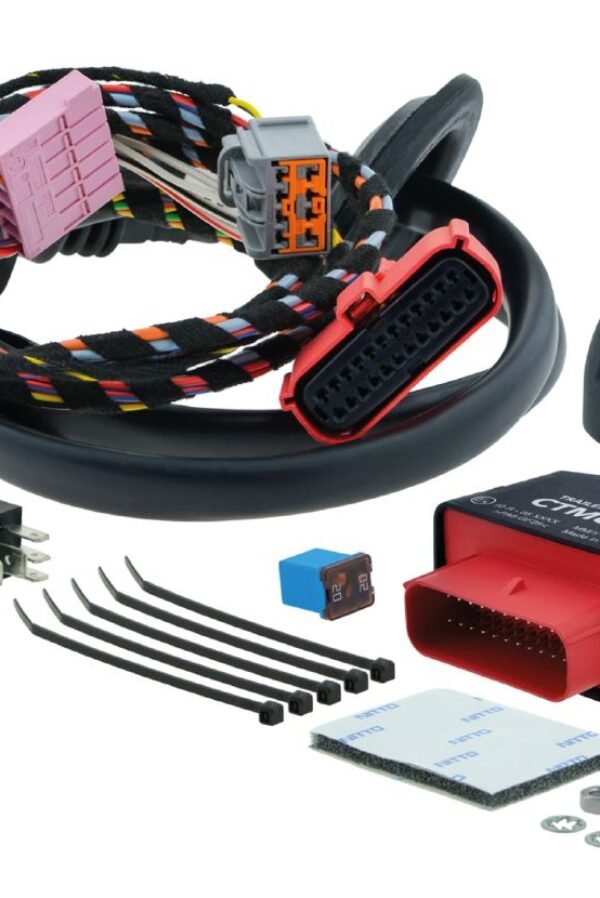
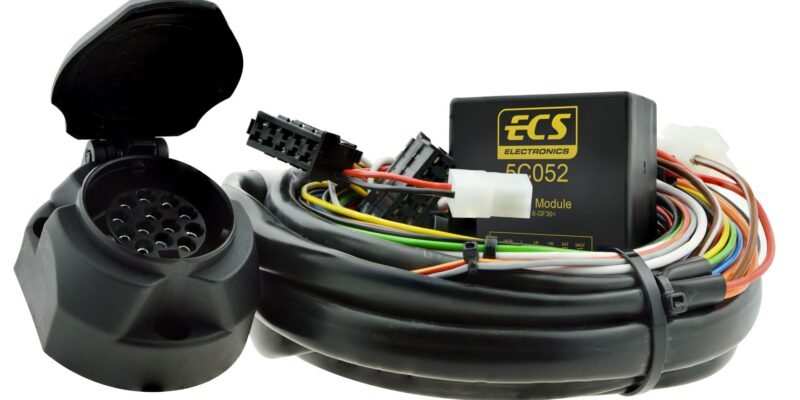
Get in touch with our experts
Call our team today or use the callback form below to get in touch.

Receive a no-obligation quote
We’ll provide you with a free no-obligation quote. All our prices are competitive.
We'll come to you
Whether you’re at the roadside, or at home, we’ll come to you!
Experience Expert Assistance and Unbeatable Customer Service - Fill Out the Contact Form Now!
Call us on 0800 211 8076
Or fill out our simple form below and we’ll call you back:











